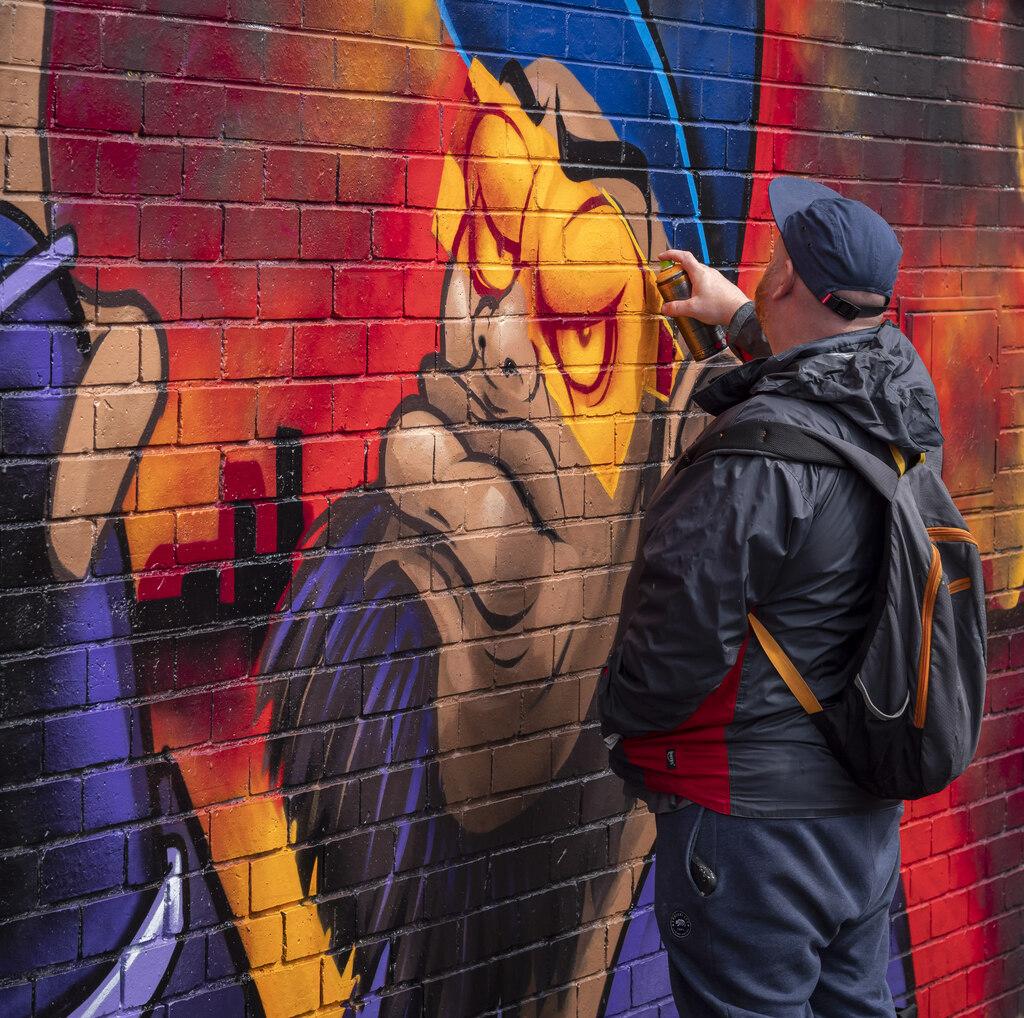romanshelby205
About romanshelby205
The history of law courts in the UK that dates back to the early Middle Ages.
However, modern court design has shifted away from this monumental style. If you have any kind of concerns relating to where by along with the best way to use English law firms, you are able to e mail us in the internet site. Today, there is a growing focus on creating courts that are not only functional but also welcoming. The need for accessibility is one of the primary concerns in modern court design, as courts must be open and usable for everyone, regardless of their physical ability or social background. This has led to the incorporation of universal design principles in many new court buildings.
 Once the case progresses to trial, both sides will present their evidence and arguments before a judge (or a panel of judges in certain cases). In criminal cases, the prosecution will present evidence to prove that the defendant committed the crime, while the defense will present evidence and arguments aimed at casting doubt on the prosecution’s case. In civil cases, both the claimant and defendant present their evidence to support their respective positions.
Once the case progresses to trial, both sides will present their evidence and arguments before a judge (or a panel of judges in certain cases). In criminal cases, the prosecution will present evidence to prove that the defendant committed the crime, while the defense will present evidence and arguments aimed at casting doubt on the prosecution’s case. In civil cases, both the claimant and defendant present their evidence to support their respective positions.
In the 13th century, the English legal system continued to evolve. The establishment of the Court of Common Pleas, which dealt primarily with civil matters, and the Court of King’s Bench, which handled criminal cases, created a more structured court system. These courts played an essential role in shaping the legal landscape of England, as they set legal precedents and defined the scope of English common law.
The Special Criminal Court is a controversial institution in Irish law. It allows certain cases to be tried by judges without a jury, particularly where jury intimidation is a concern. While it has been praised for tackling gangland crime, it has also been criticised by human rights groups who argue that it circumvents the right to a jury trial.
The beginning of the court process is submitting a claim. In civil cases, the claimant (the person making the claim) must file a formal complaint, known as a ”claim form” or ”particulars of claim,” with the court. This document sets out the details of the case, including the legal basis for the claim and any evidence supporting it. In criminal cases, the process begins with the arrest of the defendant, followed by charges being brought against them by the police or the Crown Prosecution Service (CPS).
In the 12th century. King Henry II (reigned 1154-1189) is often credited with establishing the framework for a unified legal system in England. He introduced reforms that expanded the reach of the royal courts and reduced the influence of local lords and barons. One of his most significant reforms was the establishment of circuit judges, who traveled the country to hear cases and ensure the uniform application of the law. This helped to create a more centralized system of justice and a more uniform legal system throughout England.
As a self-governing nation, Ireland operates a distinct legal system that is based on a combination of common law and statute, influenced by both its British legal heritage and its membership in the European Union.
The English Civil War in the 17th century in England. The conflict between the monarchy and Parliament led to the temporary abolition of the monarchy and the establishment of a republic under Oliver Cromwell. During this period, the legal system was significantly disrupted, with courts losing their traditional powers. However, following the restoration of the monarchy in 1660, the legal system was reestablished, and many of the judicial reforms that had been introduced earlier were solidified.
The High Court has full original jurisdiction, meaning it can hear any case, civil or criminal, that does not fall under the exclusive jurisdiction of another court. It deals with serious civil cases, judicial reviews, constitutional issues, and appeals from the lower courts. It also sits as the Central Criminal Court when dealing with the most serious criminal offences, such as murder and rape.
While Scottish courts operate independently, they are not completely isolated from the UK-wide legal landscape. Certain matters—such as immigration, constitutional law, and human rights—can be appealed to the Supreme Court of the United Kingdom, which serves as the highest appellate court for civil matters from Scotland. However, the UK Supreme Court does not hear appeals in Scottish criminal cases, which end with the High Court of Justiciary.
The Court of Appeal, established in 2014, sits between the High Court and the Supreme Court. It was created to ease the backlog of appeals and improve the efficiency of the legal system. This court hears appeals in both civil and criminal matters from the High Court and ensures consistency in legal decisions across Ireland.
Youth justice in Wales has taken on a distinctive approach, with an emphasis on prevention, rehabilitation, and early intervention. The ”children first” principle underpins much of Welsh policy, and many diversionary schemes have been praised for reducing youth offending rates across Welsh communities.
How the court system operates in Wales mirrors that of England. It includes the Magistrates’ Courts, Crown Courts, County Courts, and the High Court of Justice. Appeals may go to the Court of Appeal and, in certain circumstances, to the Supreme Court of the United Kingdom.
No listing found.
